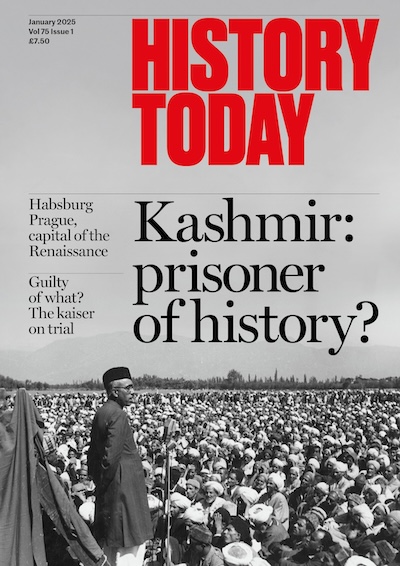Politics of the Airwaves
In the 1920s and 30s the wireless transformed British politics - particularly at elections - as vote-seeking politicians had to adapt their style to the demands of a mass firesde audience.
In the early 1920s British political life had changed little since Victorian times. Politics was still essentially local in character; only a limited number of men ever achieved national fame, and the extent of most people's political education was limited to the written word supplemented by the occasional attendance at public meetings. Within a decade, however, rapid advances in technology had transformed the practice and nature of politics, and this was at no time more apparent than during an election campaign. The days of Dickens' Eatanswill had passed forever, and never again would an election be won or lost solely at the hustings.





